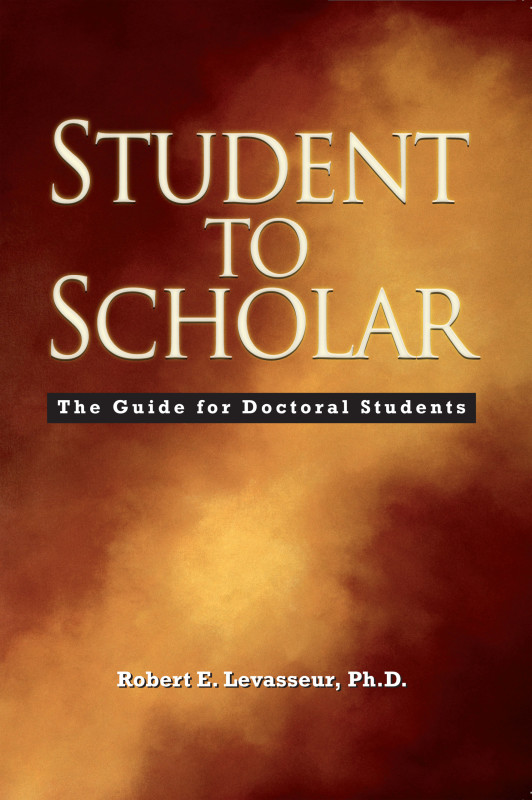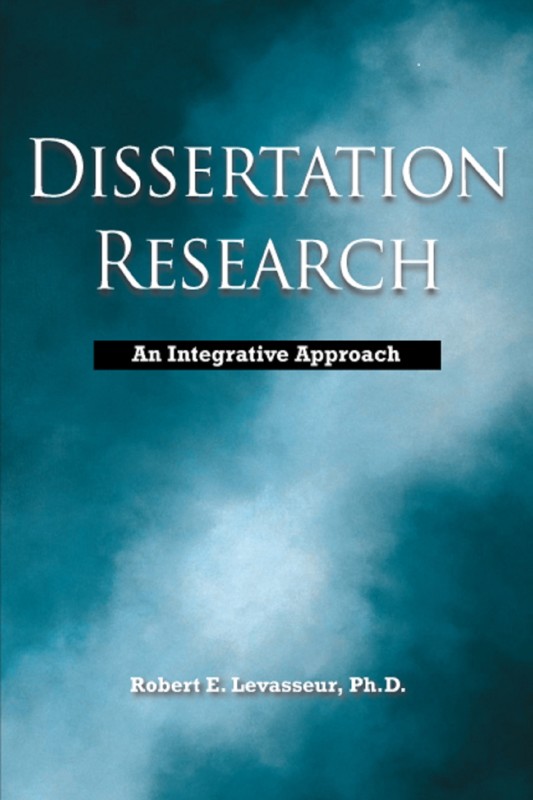Dissertation Research: Finding a Dissertation Topic
One of the biggest challenge that students face in their doctoral programs is finding a viable (i.e., doable and researchable) dissertation topic.
The most common initial topic that I have encountered in many years of working on dissertation committees (as chair, member, content expert, or methodologist) is one that a student lives with every day at work.
Typical topics include the glass ceiling, the introduction of a new system or technology, what leaders of specific types of groups (like call centers) need to do to motivate employees, and so forth.
The reason for this is simple. These are problems the students are familiar with and want resolved. Some, who are tasked with solving the problem for their employers, hope to do just that and get a doctorate as well for doing it.
While practical topics like this are doable by a single person in that the student could conduct the research and write the dissertation in the time allotted for it by the university, they do not necessarily qualify as academic research.
A DBA student (Doctor of Business Administration), Ed.D student (Doctor of Education), or other student in an applied degree program must strive to solve such a practical problem. Hence, any practical problem they encounter of sufficient scope is a possibility for their doctoral study research.
A PhD student, however, must extend the theoretical boundaries of knowledge in a field of study to earn a doctorate.
Hence, while a practical problem may serve as the starting point for a dissertation topic, whether it will work or not depends on what other researchers in the field have published on the topic.
First, the problem must be worthy of academic study. Finding a citation from the current peer-reviewed literature whose author(s) stated that the topic was important to study.
Second, it is also necessary to ground the prospective study in the empirical literature of the field. This requires that the student find a current peer-reviewed journal article whose authors conducted research on the topic and published their findings that the student can build on/extend.
Replication studies are not acceptable for a dissertation, but there are always ways to extend an existing study by, for example, doing a study that was done with participants from private sector organizations with military or public sector organizations instead, or vice versa. Or, by using a different research methodology, such as a quantitative study to test the theory developed by the original authors in their qualitative study or doing a qualitative study to examine important and counterintuitive findings in a quantitative study. The possibilities are endless.
To illustrate, one of my students who works in Egypt and is studying leadership and organizational change wondered why leaders he encountered in his work continued to use the traditional, command-and-control leadership style to motivate an increasingly diverse workforce despite increasing evidence that it was not working well.
This is clearly a practical problem, and if this student were in an applied program, like a DBA, he could have proposed to study it and no doubt received permission to research it.
However, being in a PhD program, (a) he had to provide evidence from the current peer-reviewed literature that this was an important problem to research, which he did, and (b) he had to find a current, empirical study in the literature to build on. What he found was that there had been a number of recent studies examining modern transformational leadership in the context of the ideal leadership style for a number of different countries.
This was the grounding literature he needed to justify his study of the ideal leadership style in Egyptian multinational organizations.
To learn more about the secrets to doctoral study success, read Student to Scholar and Dissertation Research.


